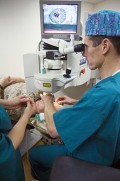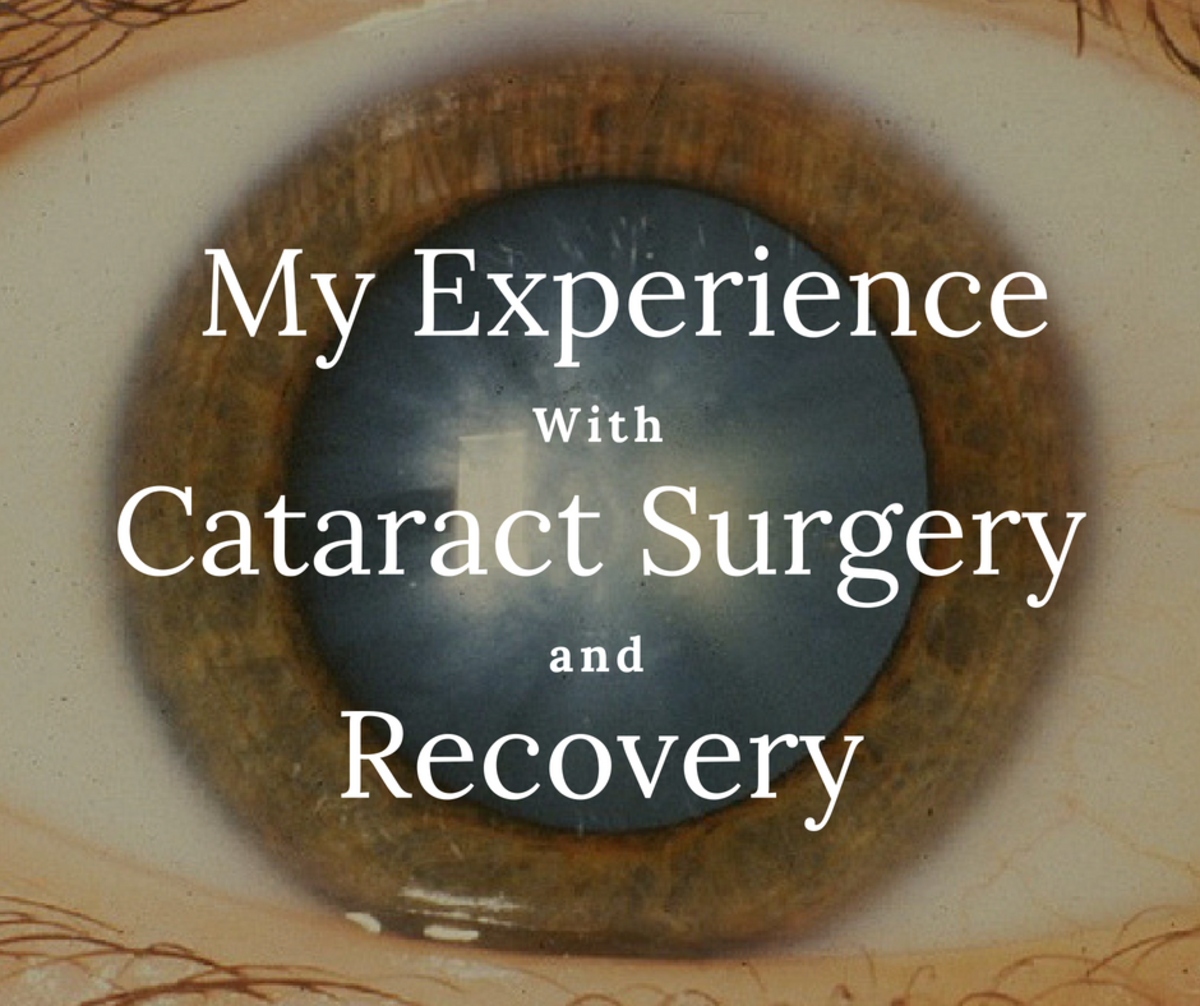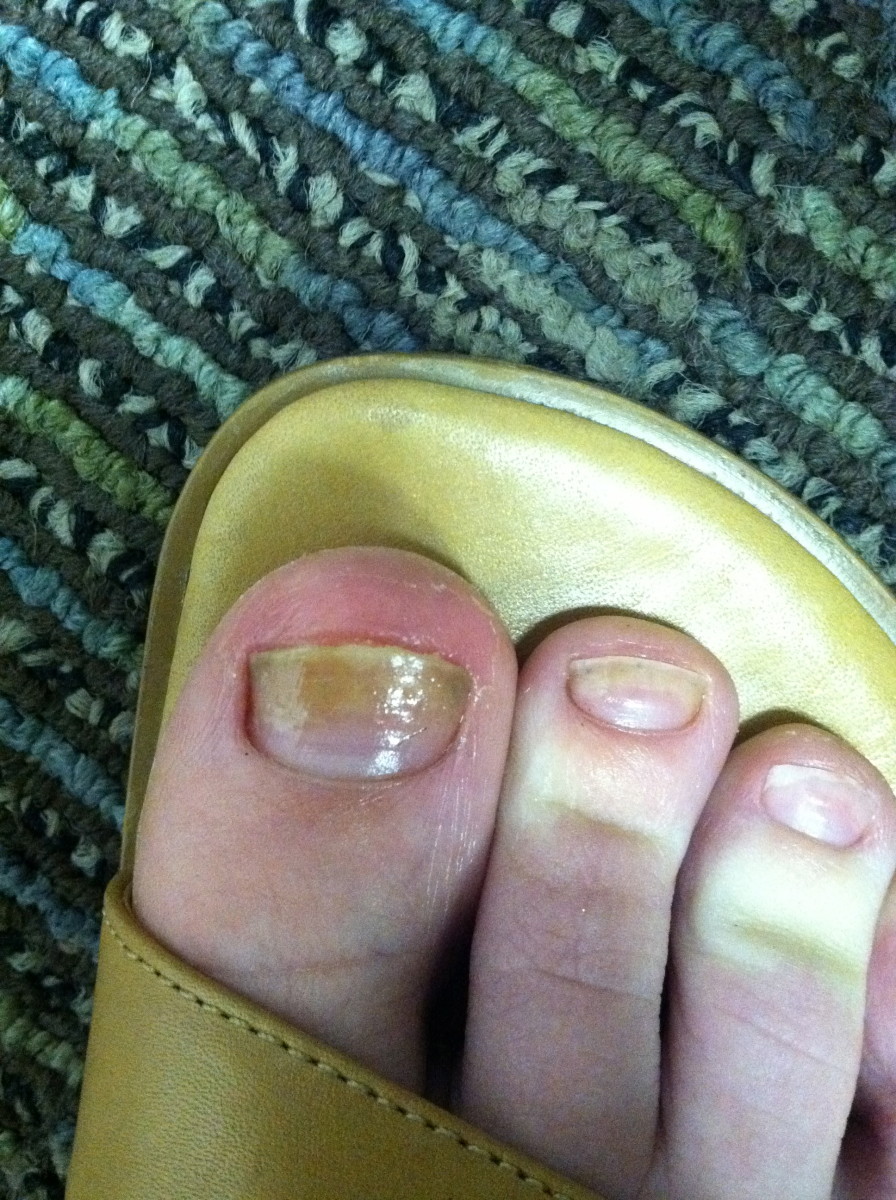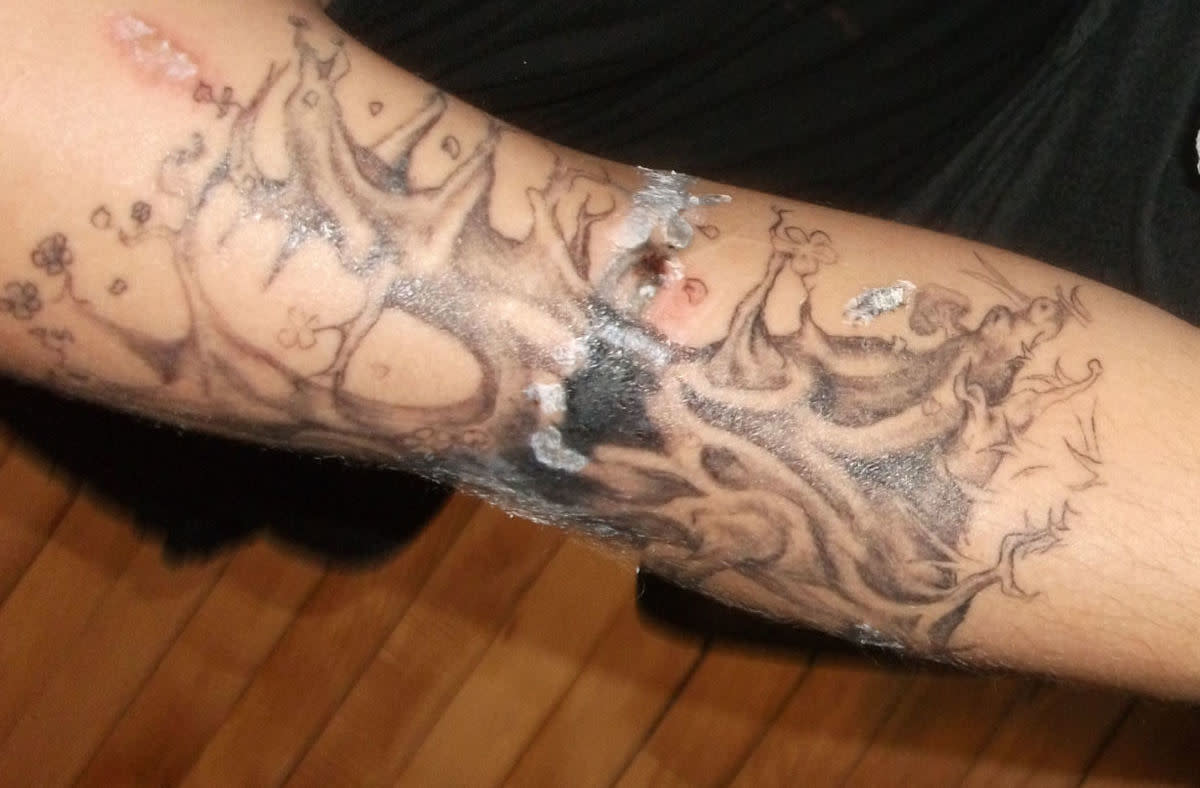My LASIK Eye Surgery
Laser Eye Surgery
More than 20 years after my laser eye surgery to correct my myopia I am still happy with the results.
LASIK is the most commonly performed refractive surgery procedure. The name is actually short for "laser-assisted in-situ keratomileusis." LASIK surgery reduces or eliminates the use of glasses or contact lenses used to compensate refraction problems. Refraction problems are caused by a defect on the shape of the cornea. LASIK surgery works permanently changing this shape.
There are several refractive surgery procedures intended to improve the focusing power of the eye. In the case of LASIK, this improvement is made by removing corneal tissue with the help of a special laser. On average, LASIK Eye Surgery takes less than 30 minutes and it is painless.
The Human Eye
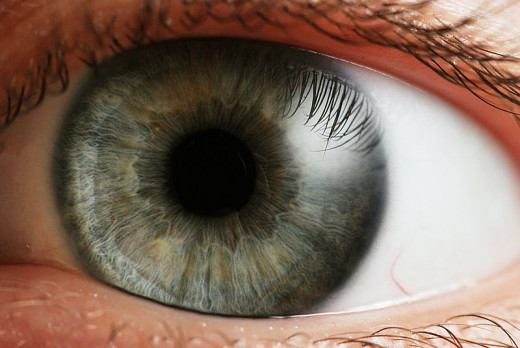
My Laser Eye Surgery In The UK Almost 20 Years Ago
When I met my husband, we were both very short-sighted. For the very first weeks we tried to hide it from each other as neither of us was comfortable wearing glasses. However, we kept bumping into lamp posts and greeting the wrong people from a distance! Finally, we had to own up to the fact that we were short-sighted.
For a while we went on like that, wearing glasses or contact lenses to go out, until my husband came with a video. I thought we were going to watch a comedy, instead it was a little introduction to Lasik eye surgery. My husband was fascinated with the procedure. I couldn't watch it, I was in pain just thinking about it, but my husband was taken by the concept. A month later my husband was coming out of a clinic in Manchester, he had his first eye done. He was so happy with the results that six months later he was having his second eye done.
Lasik Eye Surgery Results 20 Years Later
At the time, Lasik was a relatively new procedure in the UK. so I had to wait until I was 21 before I could have my eyes done. Now almost 20 years later we still happy with the results of the surgery. So far we have not needed glasses or lenses and we have enjoyed an excellent sight.
LASIK eye surgery operation performed by Dr. Gregg Feinerman, M.D. of the Feinerman Vision Center in Newport Beach, California.
How Does LASIK Eye Surgery Work
An instrument called a microkeratome is used in LASIK eye surgery to create a thin, circular flap in the cornea. Another, newer way of making the flap is with a laser. The surgeon folds the flap back out of the way, then removes some corneal tissue underneath using a laser. The laser uses a cool ultraviolet light beam to precisely remove very tiny bits of tissue from the cornea to reshape it. When the cornea is reshaped in the right way, it works better to focus light into the eye and onto the retina, providing clearer vision than before. The flap is then laid back in place, covering the area where the corneal tissue was removed.
Don't worry, it sounds awful but in actuality you don't feel a thing. The surgery is fast and painless.
Why is LASIK so popular?
LASIK has advantages over other procedures, including a relative lack of pain afterward and the fact that good vision is usually achieved almost immediately, or at least by the very next day.
Advantages Of LASIK Eye Surgery
- LASIK Eye Surgery Laser vision correction gives most people the freedom to enjoy their normal daily activities without the dependence of corrective lenses.
- It also allows people to pursue careers that they would not have been eligible for without excellent vision.
- In general, laser vision correction can make your life much simpler and more enjoyable.
Suitability Questions For Those Wanting To Have LASIK Eye Surgery
- Does your job prohibit refractive surgery?
- Do you use contact lenses or glasses?
- Do you have healthy eyes that are free from retinal problems, corneal scars, and any eye disease (refractive errors are considered eye disorders, not diseases)?
- Do you have or have you ever had any problems with your eyes other than needing glasses or contacts?
- Do you take steroids or other drugs that might prevent healing?
- Has your prescription changed in the last year?
- Do you use glasses/contact_lenses only some of the time? Do you need an unusually strong prescription?
- Are your pupils extra large in dim conditions?
- Do you have thin corneas?
- Do you have dry eyes?
- Do you have mild to moderate myopia (nearsightedness) within the range of treatment?
Lasik Surgery and its Risks
You Are Probably Not Suitable For LASIK Eye Surgery If
• You are partially sighted or are blind in one eye, have Crohns or collagen disease
• You have rheumatoid arthritis, SLE, lupus, glaucoma or have ever had herpes in the eye
• You’re amblyopic (if caused by severe short-sight or astigmatism – see ICL treatment)
• You have a squint or prism which is not corrected or tolerated by contact lenses.
© 2009 Wendy Iturrizaga

